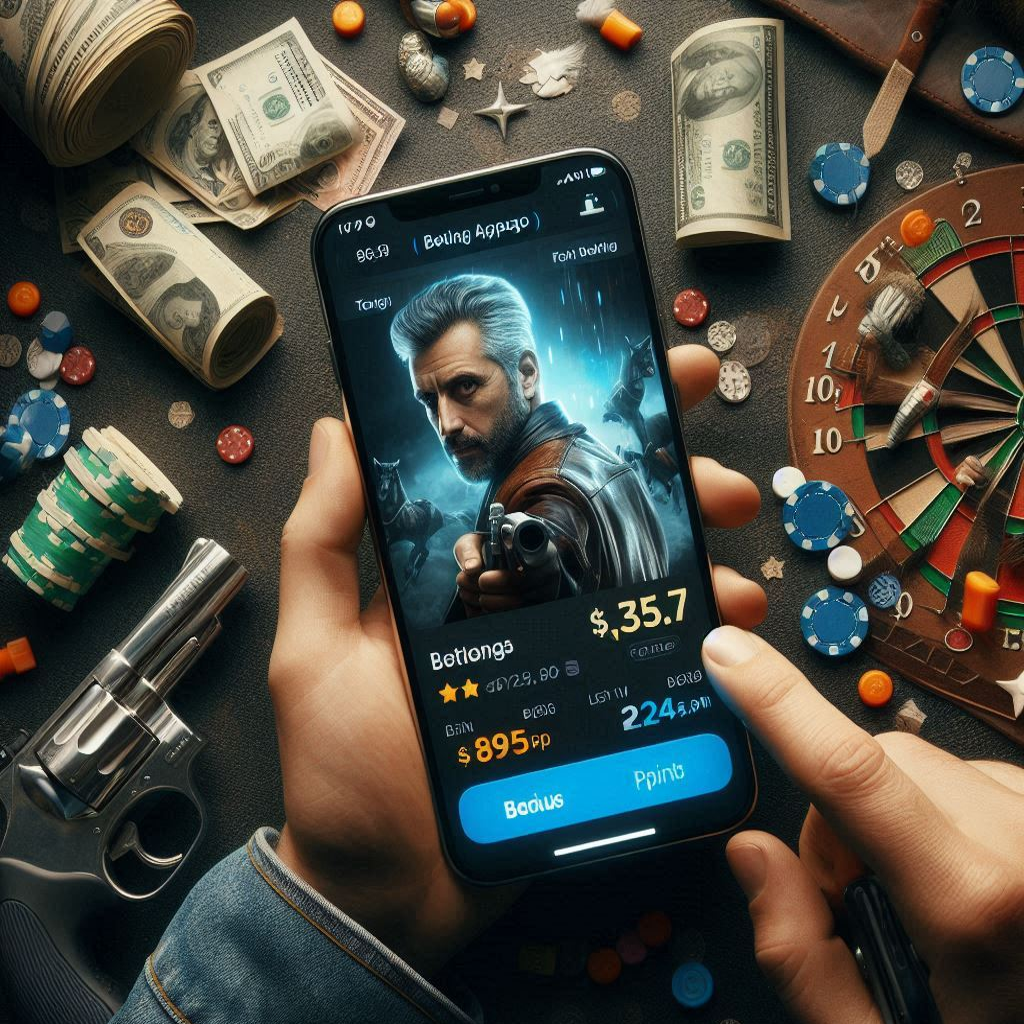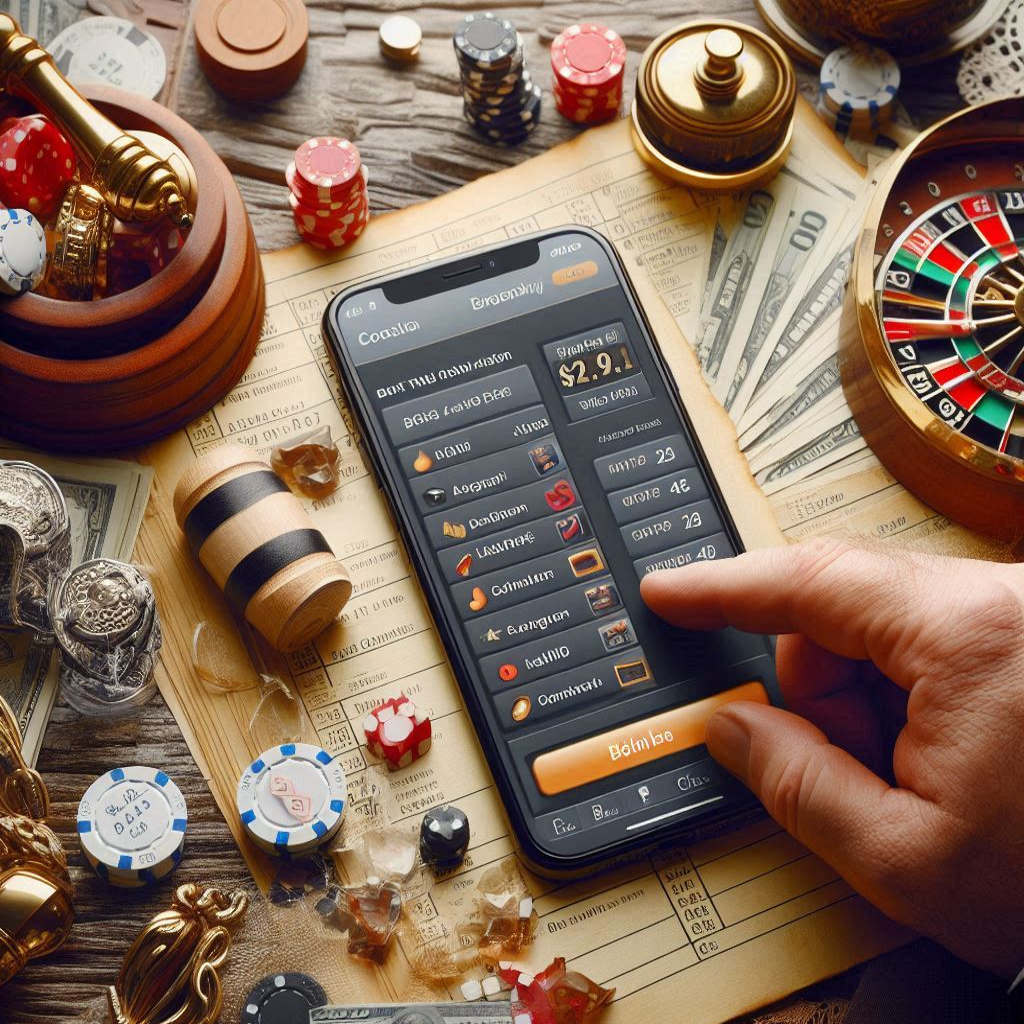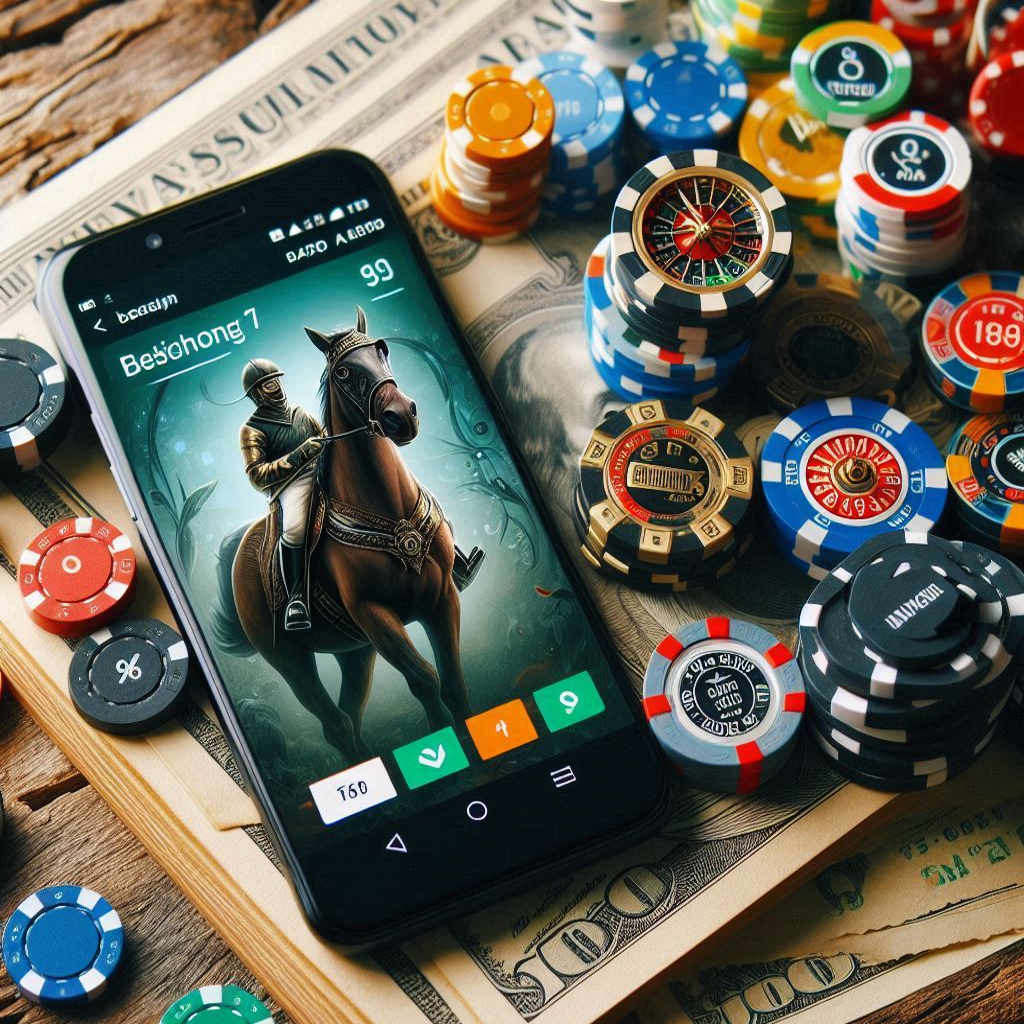Gambling can be fun for some people. It’s a way to play games and maybe win money. However, for many, it can become a big problem. People can become addicted to gambling, which means they can’t stop even when it causes them problems. The reasons why gambling can be addictive are complicated, but let’s talk about some of them.
One reason is the thrill of winning. When someone wins, their brain releases special chemicals that make them feel happy. This can make them want to gamble more to feel that happiness again. Another reason is that people may use gambling to escape from their problems. They might think that winning will solve everything, but it often makes things worse.
Now, let’s look at how to prevent gambling addiction. First, it’s important to set limits on how much money and time you spend on gambling. This helps you stay in control. Also, talking to friends and family about your gambling can help. They can support you and help you see things clearly.
Another way to prevent addiction is to find other fun activities. Playing sports, reading, or doing art can be great alternatives. Lastly, if you or someone you know is having trouble, it’s important to ask for help. There are many resources, like hotlines and counselors, that can assist with gambling issues.
In conclusion, while gambling can be enjoyable, it’s essential to be careful and aware of its risks. Understanding why it can be addictive and how to prevent it is a vital step in keeping gambling a fun activity, rather than a harmful habit.
Understanding Gambling Addiction
Gambling addiction is a serious issue that affects many people around the world. It refers to a compulsive behavior where individuals feel a strong urge to gamble, often despite the negative consequences it may bring to their lives. Let’s explore why gambling can be addictive and how we can prevent it.
Reasons for Gambling Addiction
Several factors contribute to gambling becoming addictive:
- Emotional Escape: Many people gamble to escape from stress, anxiety, or depression. The thrill of gambling can temporarily distract them from their problems.
- Excitement: The excitement of winning can lead to a desire to gamble more. According to research, “the brain releases dopamine, a feel-good chemical, when a person wins, reinforcing the behavior and leading to more gambling” (source).
- Social Influence: Being around friends or family members who gamble can encourage individuals to join in, which may develop into an addiction.
- Accessibility: With the rise of online gambling, it is easier than ever for individuals to gamble whenever and wherever they want.
Symptoms of Gambling Addiction
Recognizing the signs of gambling addiction is crucial. Some common symptoms include:
- Constantly thinking about gambling
- Feeling restless or irritable when trying to cut back
- Gambling to escape problems
- Chasing losses, or trying to win back money after losing
Preventing Gambling Addiction
There are several ways to prevent gambling addiction:
- Education: Learning about the risks associated with gambling is essential. Schools and parents should educate children about its potential consequences.
- Setting Limits: Individuals can set strict limits on how much time and money they spend on gambling.
- Seek Help: If someone feels they might have a problem, it’s important to talk to a professional or join support groups like Gamblers Anonymous, which can provide guidance and assistance.
Quotes on Gambling Addiction
“Gambling can be a fun form of entertainment, but for some, it can spiral out of control, leading to devastating consequences.” (source)
Emotional and Treatment Support
Support from friends and family is crucial for those struggling with gambling addiction. Therapy and counseling can also be effective in helping individuals overcome their addiction. Cognitive-behavioral therapy (CBT) is a common approach that helps a person change their thought patterns and behaviors related to gambling.
Final Thoughts
Gambling addiction is a multifaceted problem that requires awareness, education, and strong support systems to prevent it. By understanding the risks and signs of addiction, we can better protect ourselves and our loved ones.
What makes gambling addictive?
Gambling can be addictive due to its ability to trigger the brain’s reward system. When individuals engage in gambling activities, they often experience excitement and a rush of adrenaline, which can lead to the release of dopamine, the ‘feel-good’ neurotransmitter. This makes them want to gamble more, hoping to replicate that pleasurable feeling.
Are certain people more prone to gambling addiction?
Yes, certain individuals may be more susceptible to gambling addiction. Factors such as genetics, mental health issues (like depression or anxiety), and a history of substance abuse can increase the likelihood of developing an addiction. Additionally, environmental factors, including exposure to gambling at a young age, can also play a role.
What are the warning signs of a gambling addiction?
Common warning signs include an increasing preoccupation with gambling, needing to bet larger amounts of money to achieve the same excitement, and feeling restless or irritable when attempting to cut down or stop. Other signs include lying about gambling activities, borrowing money to gamble, and neglecting responsibilities and relationships due to gambling.
How can someone prevent gambling addiction?
Preventing gambling addiction involves a combination of self-awareness and responsible practices. Setting strict limits on time and money spent on gambling, avoiding gambling in social settings where peer pressure may influence behavior, and seeking professional help if you notice problematic gambling patterns are all effective strategies. Additionally, engaging in alternative hobbies and activities can also help reduce the urge to gamble.
Is there help available for those struggling with gambling addiction?
Yes, there are numerous resources and support systems available for individuals struggling with gambling addiction. Support groups, counseling services, and treatment programs can provide guidance and strategies for recovery. Organizations dedicated to gambling addiction often offer hotlines and online resources for those who need assistance.
Can friends and family help someone with a gambling problem?
Absolutely. Friends and family play a crucial role in supporting a person dealing with gambling addiction. Encouragement, understanding, and open communication are essential. It’s important for loved ones to express their concerns without judgment, and to help the individual find professional help if needed.
What should I do if I think I have a gambling problem?
If you suspect you have a gambling problem, it’s important to take the first step by acknowledging the issue. Reflect on your gambling habits and their effects on your life. Seeking professional support or talking to someone you trust can help. There are various resources available that can assist you in managing and overcoming gambling-related challenges.



